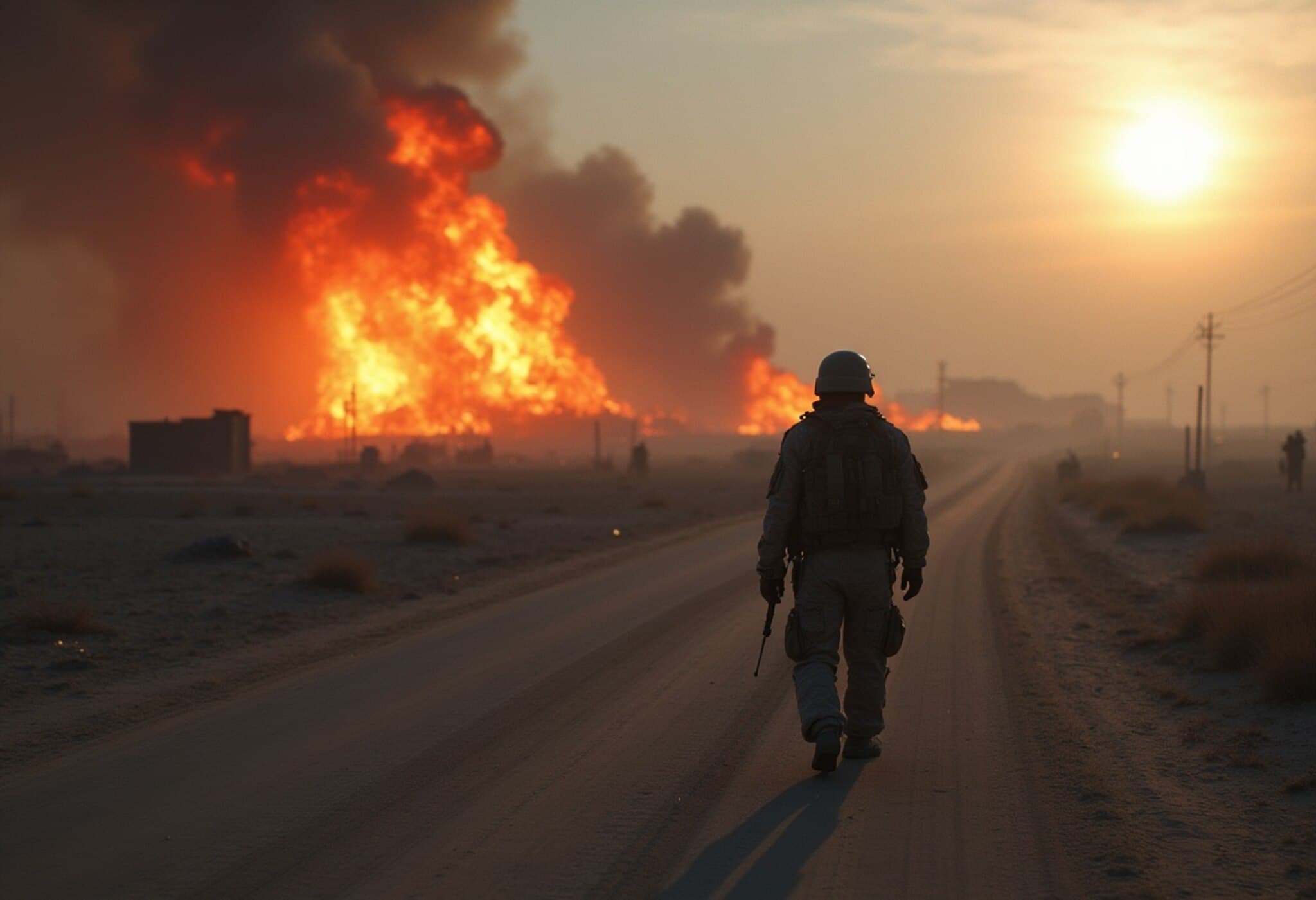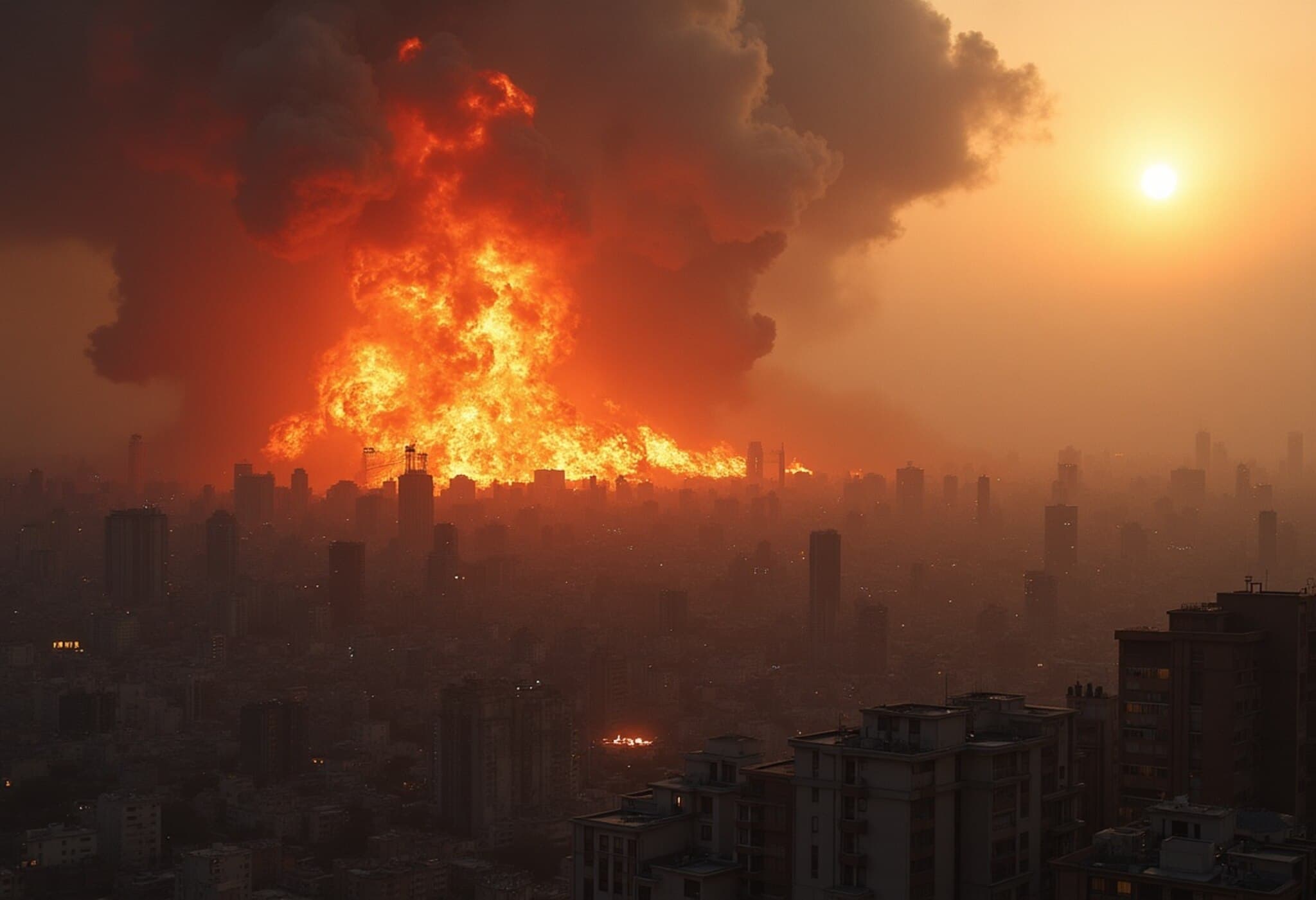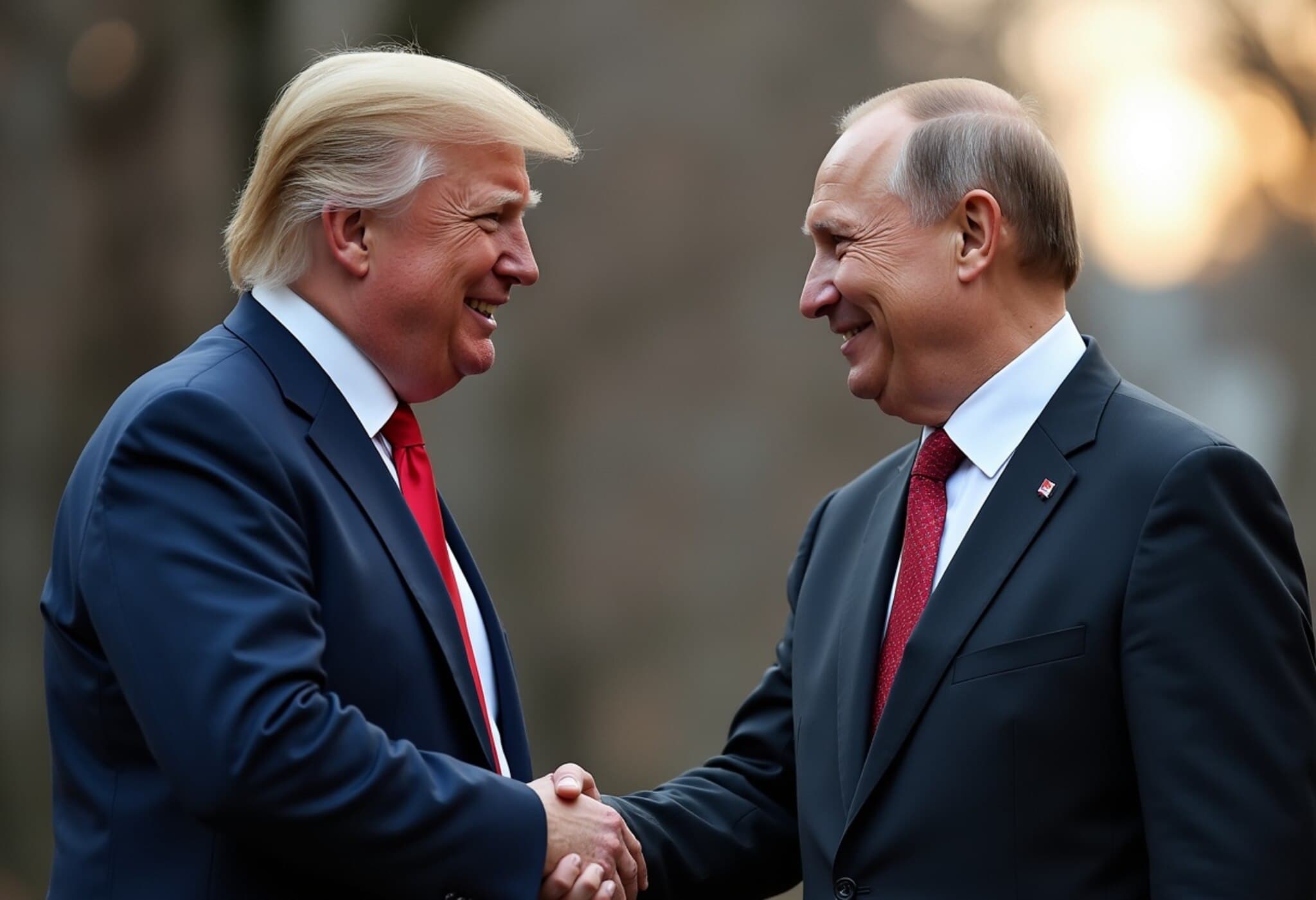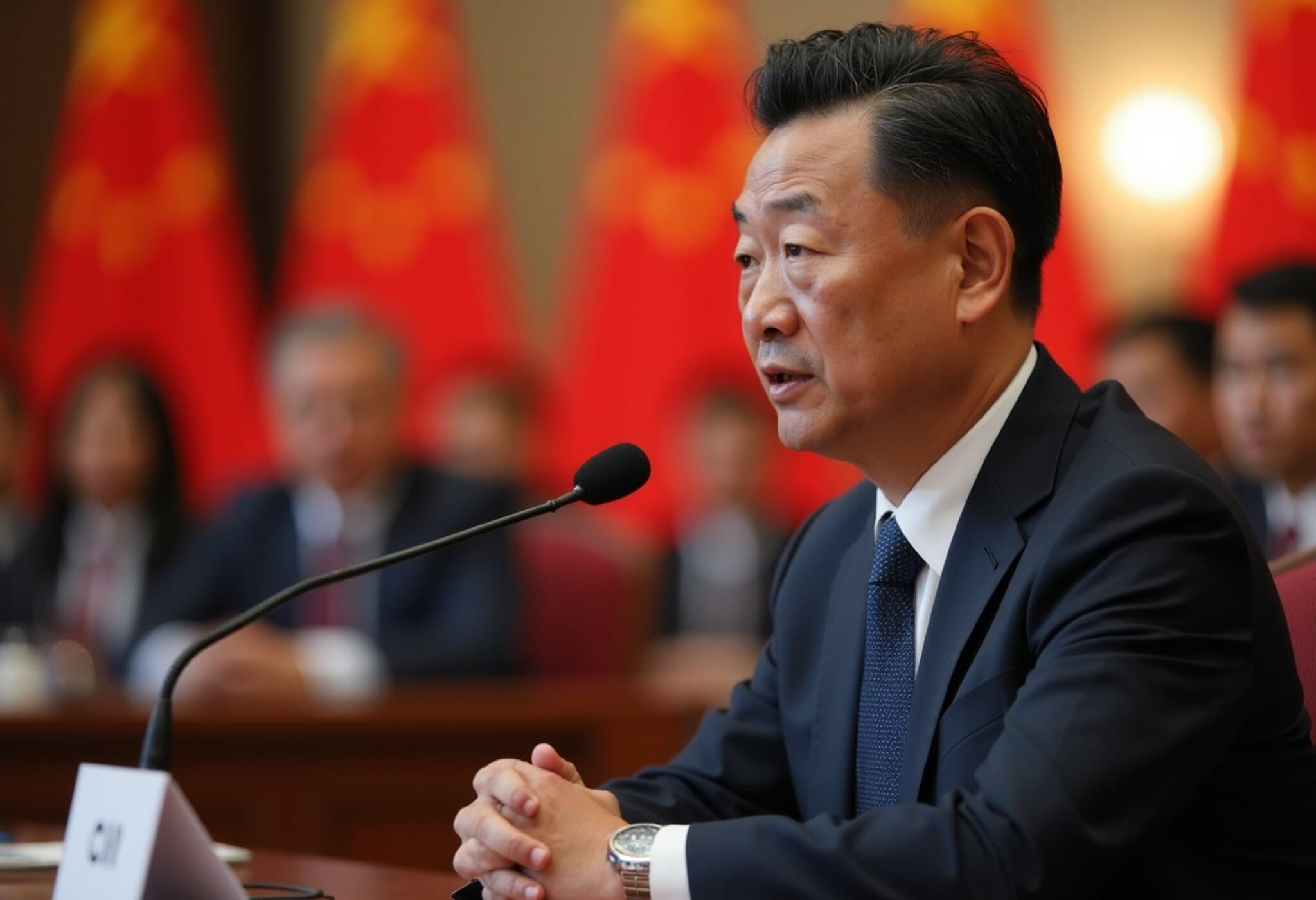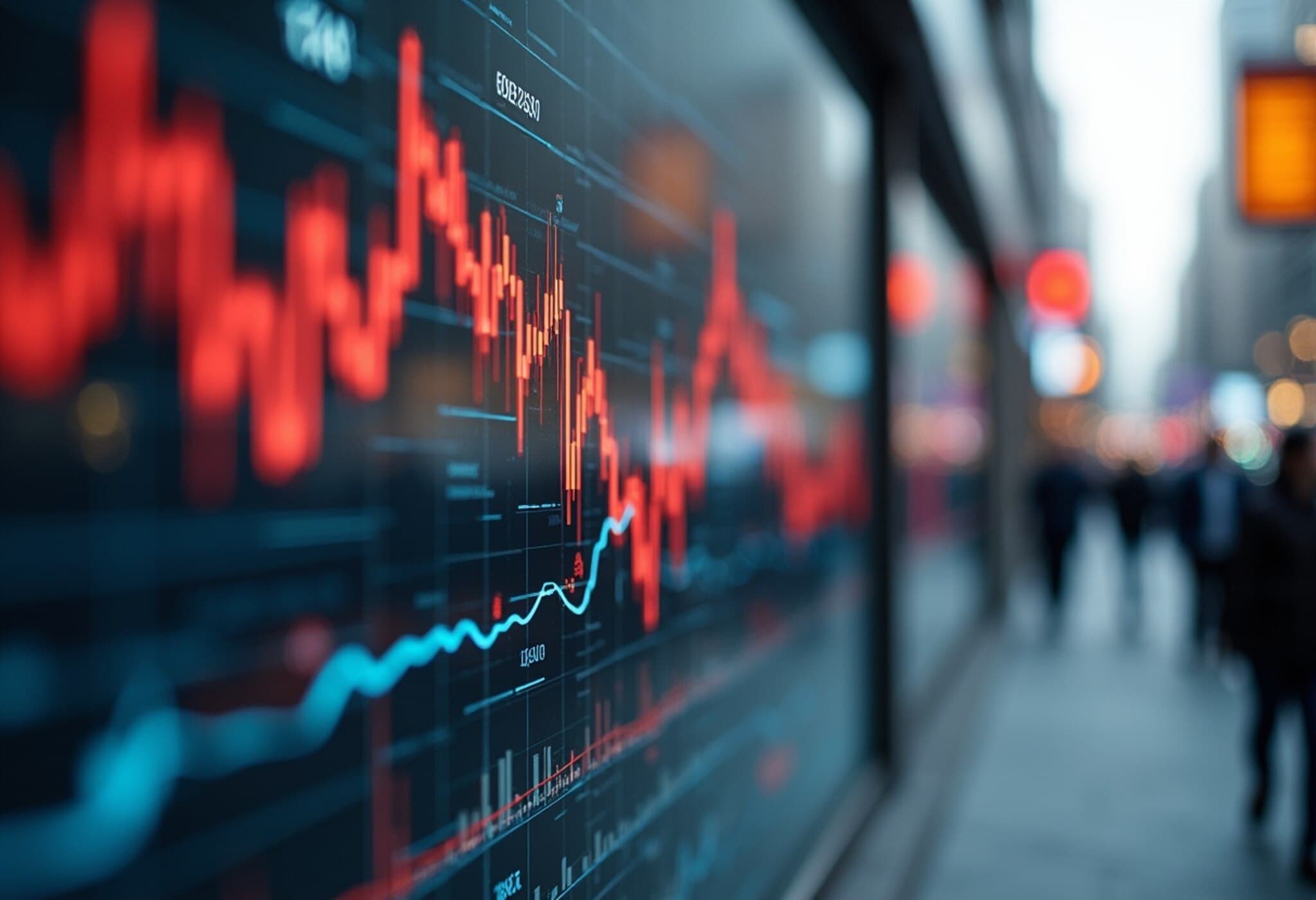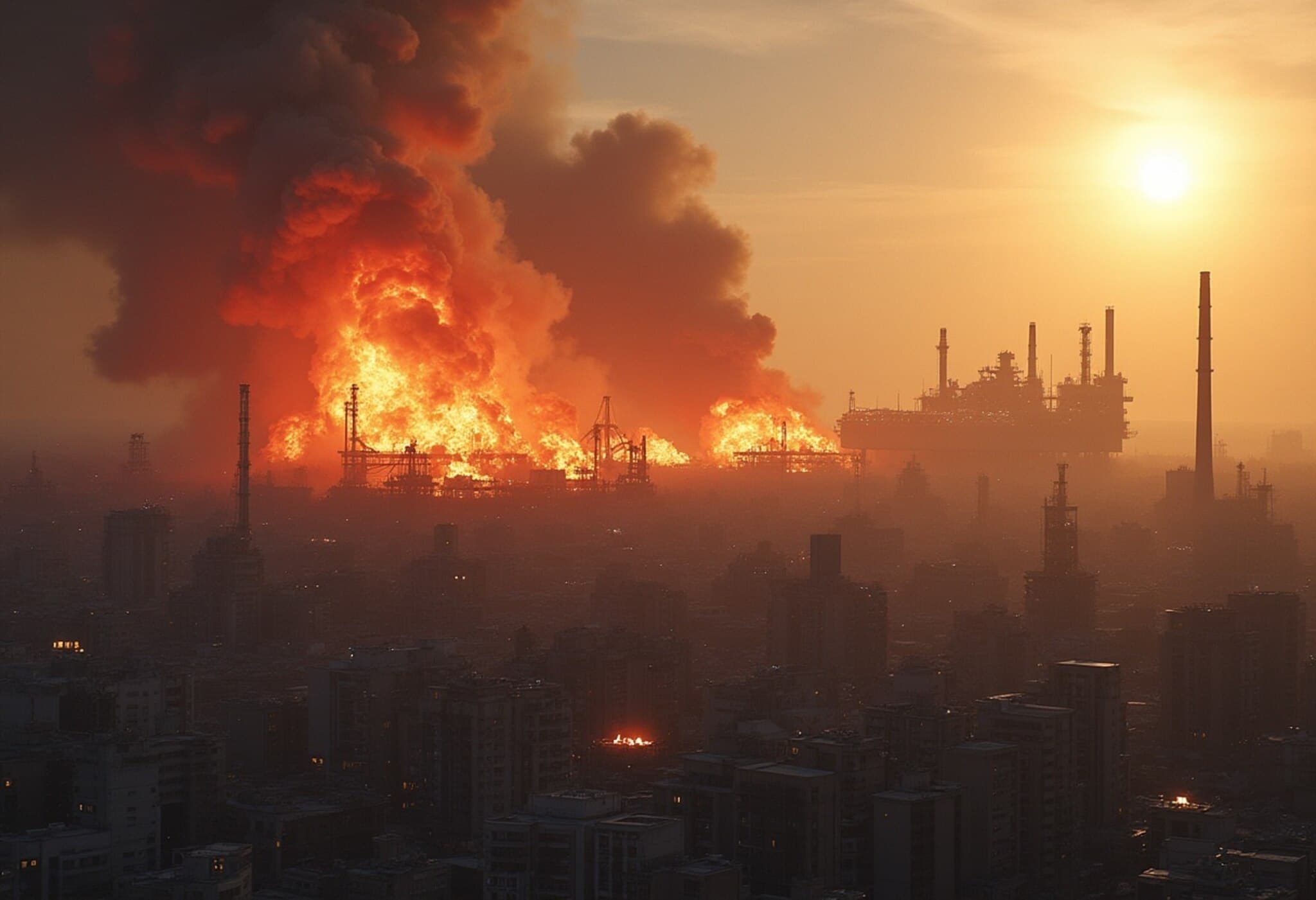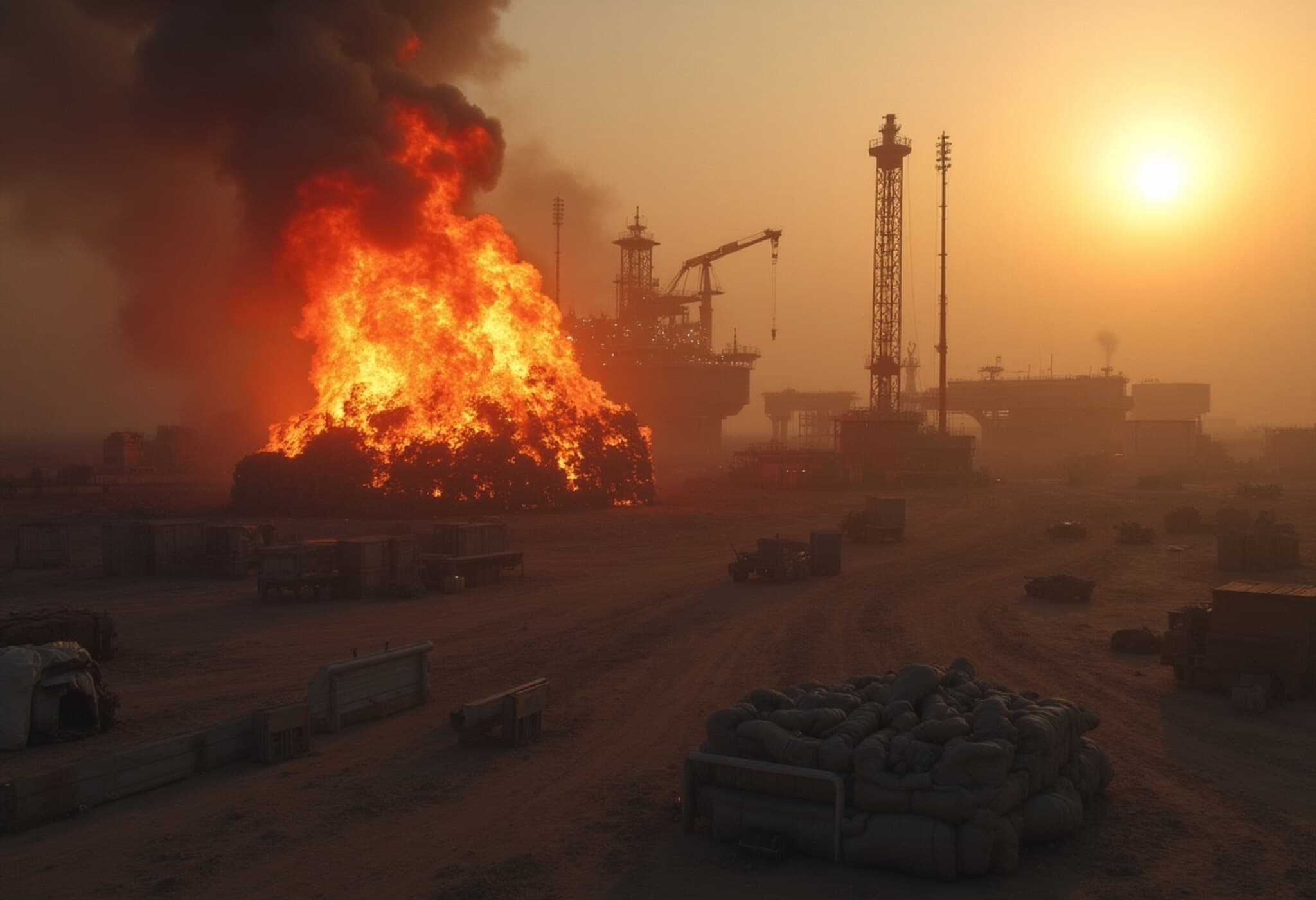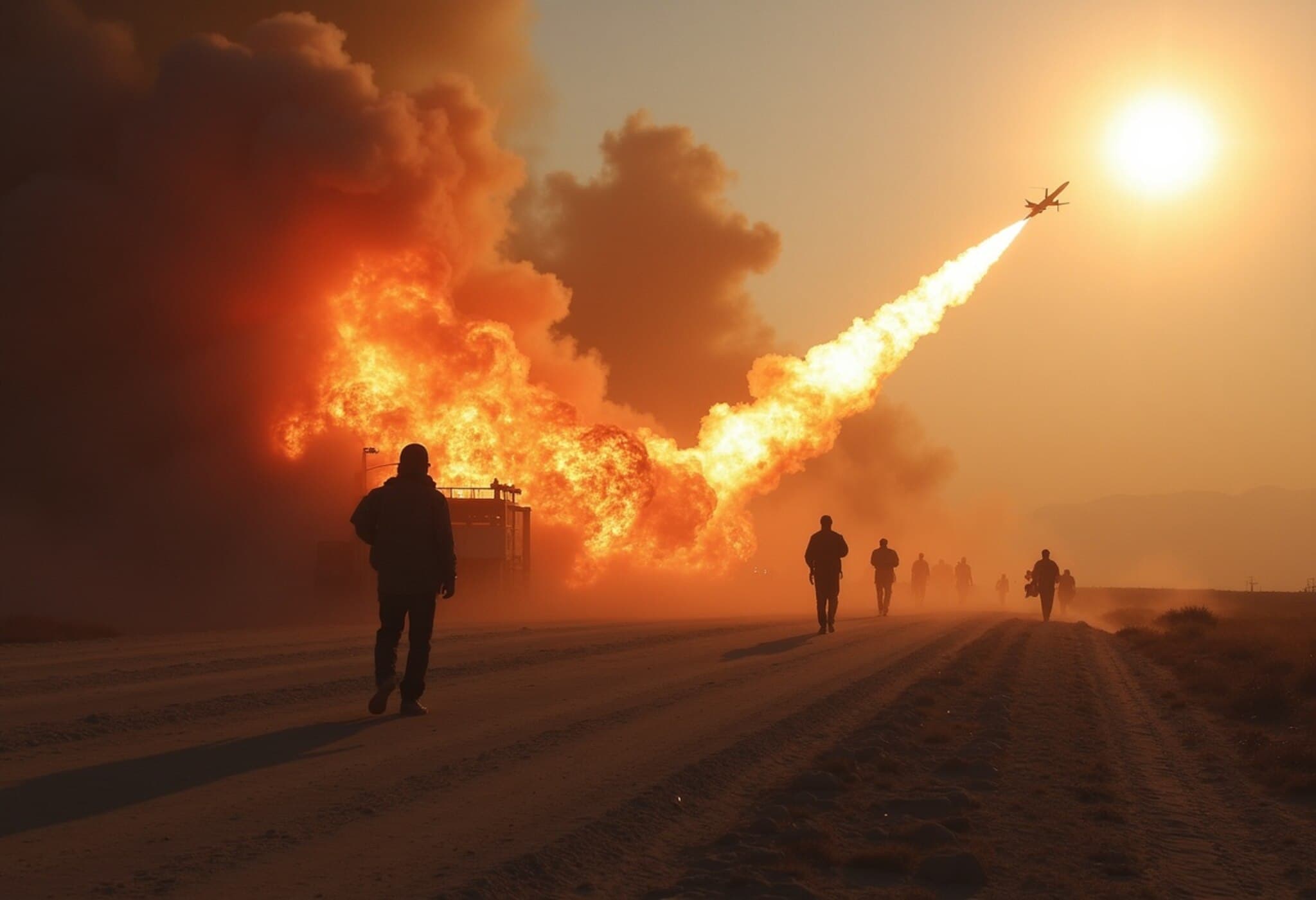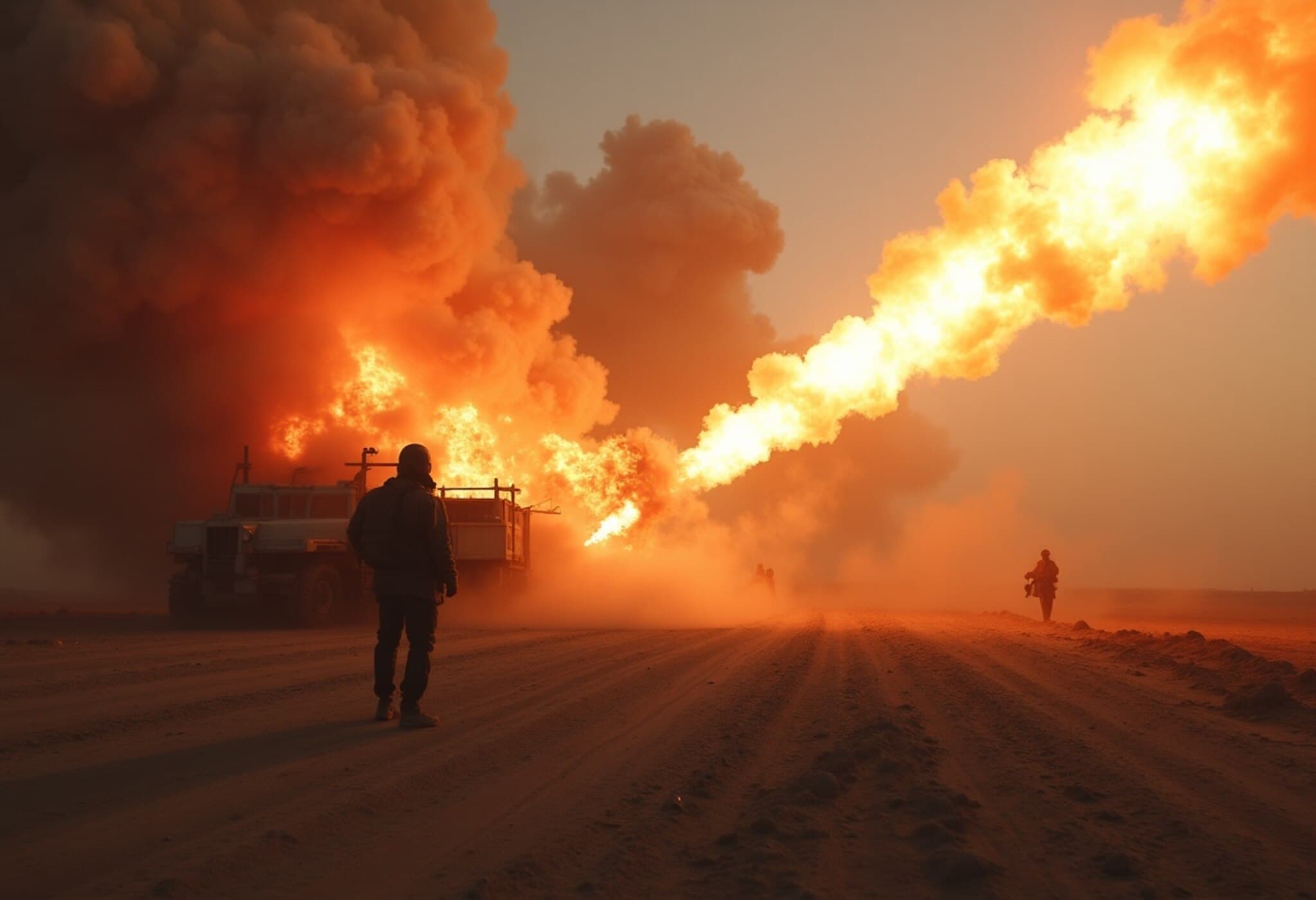Financial Markets Regain Stability Amid Middle East Tensions
As the conflict between Israel and Iran escalates, financial markets initially wavered but have since started to recover. On Friday, Israel launched multiple airstrikes across Iran, marking the third consecutive day of hostilities. This triggered a surge in oil prices and a flight to safe-haven assets over the weekend.
Despite initial jitters, U.S. futures rose Sunday night and Asia-Pacific markets climbed on Monday, signaling investor confidence easing somewhat after the initial shock. The safe-haven assets like gold and the U.S. dollar — typically sought in times of geopolitical uncertainty — dipped slightly, suggesting a cooling off in panic-driven buying.
Energy Prices Spike on Supply Disruption Fears
Oil prices extended gains on Monday, with Brent crude climbing by nearly 1% to about $74.96 a barrel and U.S. crude rising over 1.2% to roughly $73.88 a barrel. These jumps are driven by investors worried about potential disruptions from Iran, one of the world's leading oil producers in 2023. The recent violence has reignited fears of interruptions in energy supply to global markets.
China’s Retail Sales Surge Beyond Expectations
Adding a bright spot to global markets, China’s retail sales jumped by 6.4% year-on-year in May, far exceeding analyst forecasts of 5%. This sharp acceleration highlights improving consumer confidence, attributed to government trade-in programs and efforts to stimulate spending amid global economic uncertainties.
Markets Eye Resilience Amid Ongoing Global Conflicts
Even with fresh flare-ups in conflict zones, stock markets show surprising resilience. After steep losses on Friday amid growing fears over the Middle East, major indexes such as the S&P 500 and Nasdaq rebounded on Monday. Asia’s markets also responded positively, with Japan’s Topix and South Korea’s KOSPI leading gains.
Energy shares notably surged in Australia, with one company’s stock jumping as much as 15% after securing a significant non-binding deal from a consortium led by Abu Dhabi’s National Oil Company.
Shifts in Geopolitical Trade Policies
Tensions have also influenced trade regulations. Taiwan’s trade authority added Huawei, SMIC, and several subsidiaries to its Strategic High-Tech Commodities Entity List. This move imposes licensing requirements for domestic firms shipping goods to these entities, aligning Taiwan’s trade stance closer with the United States.
Looking Ahead: Market Dynamics and Corporate Developments
While conflict continues between Israel and Iran, markets have absorbed the shocks better than expected. Historical patterns, including responses to other global conflicts, suggest a path toward stabilization is possible. Investors remain cautious but optimistic as weekly data and geopolitical developments unfold.
Aviation Sector Update
In aviation news, Vietnam Airlines showcased its Boeing 787-9 jet at a major airshow in Paris. The CEO of a leading aerospace manufacturer had planned an upbeat appearance at this event, highlighting recovery in deliveries of key models like the 737 Max. However, after a recent tragedy—the first fatal air disaster this year—the CEO canceled attendance to the Paris Airshow, underscoring ongoing challenges in the industry.



